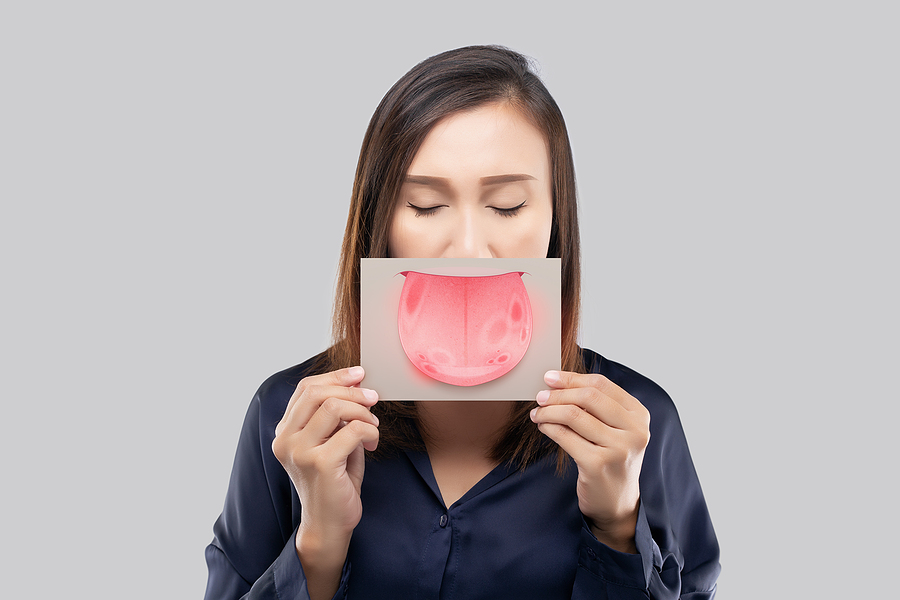Did you know research suggests a link between poor oral health and conditions such as cardiovascular disease? Besides the obvious cavities, there are many reasons for taking preventive dentistry seriously!
Regular brushing and flossing are important but seeing your dentist on a regular basis is another crucial step in taking care of your oral and physical health. If you want to avoid serious health problems, then don’t neglect your oral health.
Here are some reasons why preventive dentistry is so important.
What Is Preventive Dentistry?
Like preventive medicine, preventive dentistry is seeing a medical professional on a regular basis to avoid developing health issues. It’s best to see your dentist twice a year for a cleaning and checkup.
By going for an exam and cleaning every six months, you’ll ensure the dentist catches any oral health issues in the early stages. At a routine exam, the dental hygienist gives you a thorough cleaning. You’ll also get x-rays to detect any deep decay, abscesses, or other issues.
The dentist examines your mouth when the hygienist completes your cleaning.
Benefits of Preventive Dentistry
It’s important that you partner with your dentist in preventing oral health issues. You should brush your teeth at least twice daily and floss once daily. It’s best to floss before you brush your teeth at bedtime.
By taking care of your teeth AND seeing a dentist, you’ll reap these benefits.
- Avoiding Cavities
Cavities are one of the most common issues when it comes to teeth. More than 25% of adults between the ages of 20-44 have untreated cavities.
To avoid cavities, it’s most important you brush and floss your teeth. Regular dental visits help you avoid cavities because the cleanings you get at the dentist are so thorough. The hygenist cleans in areas that are hard for you to reach with a regular toothbrush at home.
- Dental Sealants
It’s important to start preventive dental care at a young age. Dentists can help children avoid cavities by placing dental sealants on their pre-molars and molars. This helps keep the chewing surfaces free of debris that causes decay.
- Fluoride Treatments
Fluoride treatments are another prevention method that dentists use. These treatments help prevent fluoride deficiency which can lead to cavities. Some tap water has fluoride in it but many parents use bottled water for mixing formula.
Fluoride is a mineral that strengthens teeth so it’s important for your kids to get enough. The dentist will let you know if you need a fluoride treatment.
- Gum Disease Prevention
Gum disease is serious and advanced gum disease can cause tooth loss. The initial stage of gum disease is gingivitis.
Symptoms of gingivitis include red or swollen gums. You may have gingivitis if your gums bleed when you’re flossing or brushing your teeth. Gum disease often starts due to the buildup of plaque that hardens into tartar.
There are four stages of gum disease:
- Gingivitis
- Chronic periodontitis
- Aggressive periodontitis
- Necrotizing periodontitis
Catching gum disease in its early stages helps prevent more dangerous gum disease. A dentist treats gingivitis with dental cleanings and a more aggressive brushing and flossing routine.
Chronic periodontitis is a common gum disease in adults and causes receding gums as well as pocket formation between the teeth and gums. The dentist will give you a treatment plan for taking care of your mouth and gums if you have chronic periodontitis.
Does your child have chronic unpleasant breath? Does she complain of tooth pain? She may have aggressive periodontitis.
You may even notice pus in your child’s mouth. It’s important to have the dentist check these symptoms.
Necrotizing periodontitis puts you at risk for bone, ligament, and tissue loss in the mouth. Smokers are more at risk for necrotizing periodontitis. If you need another reason to quit smoking, this is a good one!
- Avoid Painful Procedures
Dentists use general and local anesthesia for painful procedures but why not avoid those procedures in the first place? It seems counterintuitive, but you can save yourself time in the dentist’s chair by going to the dentist more often.
It takes less than an hour for most dental cleanings and checkups. If you need a cavity filled or a root canal, it takes several hours. Let the dentist identify small issues before they become big, time-consuming, expensive problems.
- Avoid Jaw Issues
Some people don’t realize they’re grinding their teeth (bruxism). Teeth grinding can develop into temporomandibular joint (TMJ) disorders if left unchecked. TMJ problems can cause a misaligned jaw or headaches.
The dentist sees the early signs of bruxism and helps you take preventative measures such as a mouth appliance.
- Enhance Your Smile
It’s especially important to take young children to the dentist for preventive dentistry. The dentist can identify misalignment and crowding and recommend a course of action. Preventive measures lead to a better smile as your child progresses to adulthood.
As an adult, twice-yearly dental visits help you keep your smile looking great. Regular dental cleanings remove stubborn stains. Professional dental whiteners also do a better job of getting your teeth white than store-bought teeth whiteners.
- Maintaining Good Oral and Dental Health
Maintaining good oral and dental health is a partnership between you and your dentist. Floss and brush every day. Remember to get a new toothbrush every three months or sooner if the bristles on the brush appear frayed.
The American Dental Association recommends using an approved fluoride toothpaste for brushing.
Eating a healthy diet with proper nutrition is another way to keep your teeth healthy. Avoid excessive sugar, especially sugary drinks. Eat lots of fruits and vegetables.
- Preventive Dentistry for Good Health
Preventive dentistry helps more than your oral health. It also helps you avoid other dangerous health conditions. Keep yourself healthy by visiting your dentist twice a year.
Do you live in the Indianapolis area? Are you looking for the best dentist near you? Contact us today to schedule your next preventive dental appointment!
More Blog Posts
Office Hours
MON - THU8:00 am - 5:00 pm
FRI8:00 am - 2:00 pm
SAT - SUNClosed





